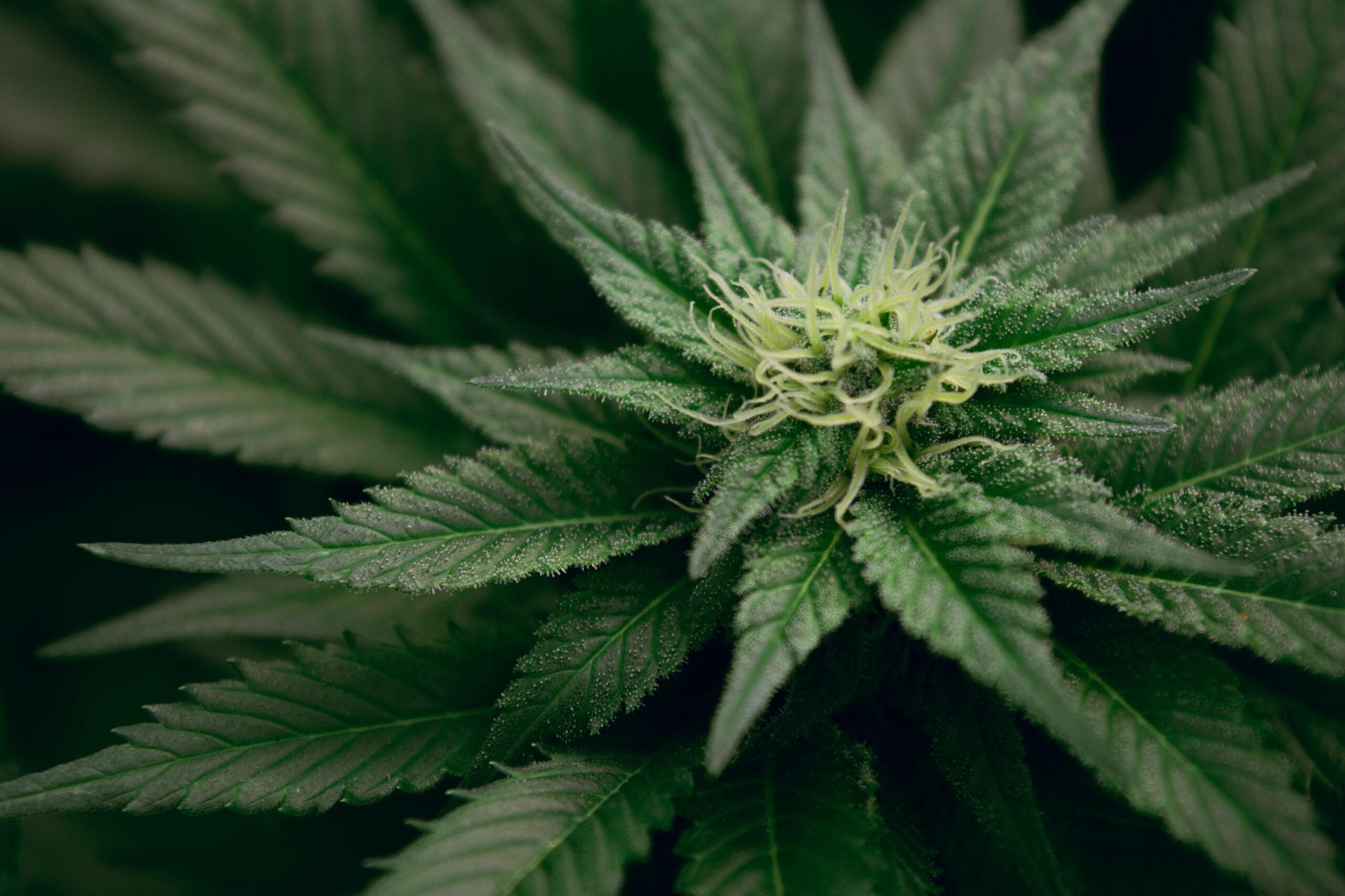These days, your reality is customizable.
Come what may, you can choose to live in a world where “the jab” will kill you and drinking human pee ensures good health and the president is not the president. And a whole world will be there to back you up.
Which is why, we’re choosing to believe this published study that says cannabinoids, the active ingredients in cannabis, block COVID-19 as well as its ensuing mutations from entering our cells. The news was brought to our attention on the Twitter of reporter Cerise Castle, pairing perfectly with our increased intake of edibles and bong hits to get us through an enduring pandemic.
What’s the science behind this claim, exactly? We were afraid you’d ask that. It’s complicated for someone like say, a writer who got a D- in both semesters in chemistry. But essentially, the report says this:
As a complement to vaccines, small-molecule therapeutic agents are needed to treat or prevent infections by severe acute respiratory syndrome coronavirus-2 (SARS-CoV-2) and its variants, which cause COVID-19. Affinity selection-mass spectrometry was used for the discovery of botanical ligands to the SARS-CoV-2 spike protein. Cannabinoid acids from hemp (Cannabis sativa) were found to be allosteric as well as orthosteric ligands with micromolar affinity for the spike protein. In follow-up virus neutralization assays, cannabigerolic acid and cannabidiolic acid prevented infection of human epithelial cells by a pseudovirus expressing the SARS-CoV-2 spike protein and prevented entry of live SARS-CoV-2 into cells. Importantly, cannabigerolic acid and cannabidiolic acid were equally effective against the SARS-CoV-2 alpha variant B.1.1.7 and the beta variant B.1.351. Orally bioavailable and with a long history of safe human use, these cannabinoids, isolated or in hemp extracts, have the potential to prevent as well as treat infection by SARS-CoV-2.
We interpret that highly technical nerd-speak as follows: Covid-19 enters the body, gets a little taste of the dankness inside of your system and instead of ravaging your system, comes down with a case of the fuck-its and decides to just hang out eating Goldfish and baby carrots over a marathon of Rick & Morty. And again, we can totally choose to believe this, as long as there are still yahoos saying Conan O’Brien snacks on baby meat and J.F.K. Jr. is the king of the crab people.
But you don’t just have to take our half-baked word for it. Oregon State University, where the research appears to have happened, breaks it down a little better in layman’s terms. It explains how a pair of cannabinoid acids, cannabigerolic acid (CBGA) and cannabidiolic acid (CBDA) bind to COVID's infamous spike protein, preventing it from binding with the ACE2 enzymes found in abundance in the outer membrane of endothelial cells in your lungs as well as other organs.
So, yes, further evidence that kali is, indeed, the healing of the nations. However, before Dr. Anthony Fauci gets on the mike to declare that, “eeeevvrybody must get stoned!” it’s important to note that Richard Von Breemen, one of the researchers, clarifies that THC is not the magic ingredient in question.
“These cannabinoid acids are abundant in hemp and in many hemp extracts,” he says. “They are not controlled substances like THC, the psychoactive ingredient in marijuana, and have a good safety profile in humans.”
Oh, well.
We’re going to spark this J right now just to cover our bases. Because when it comes to preventing COVID, we’ve heard crazier shit.







